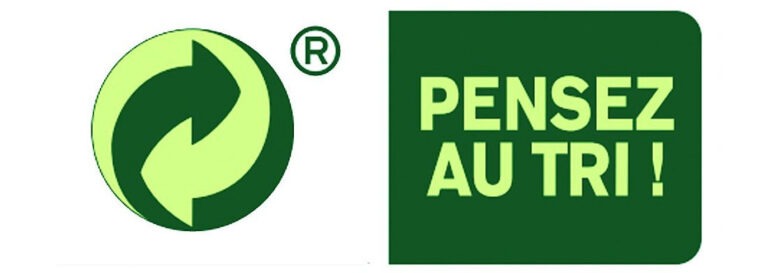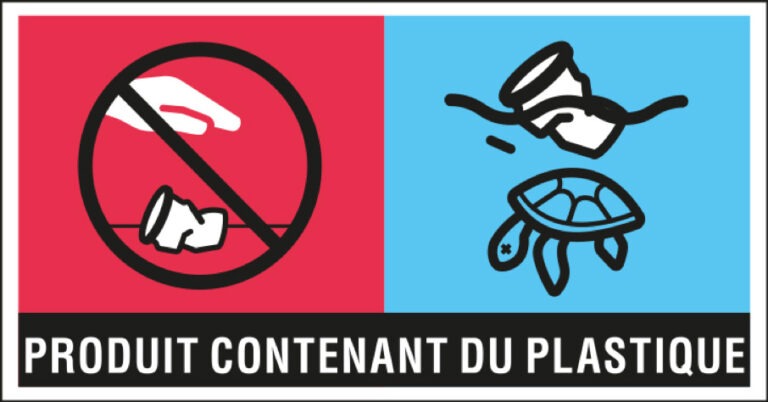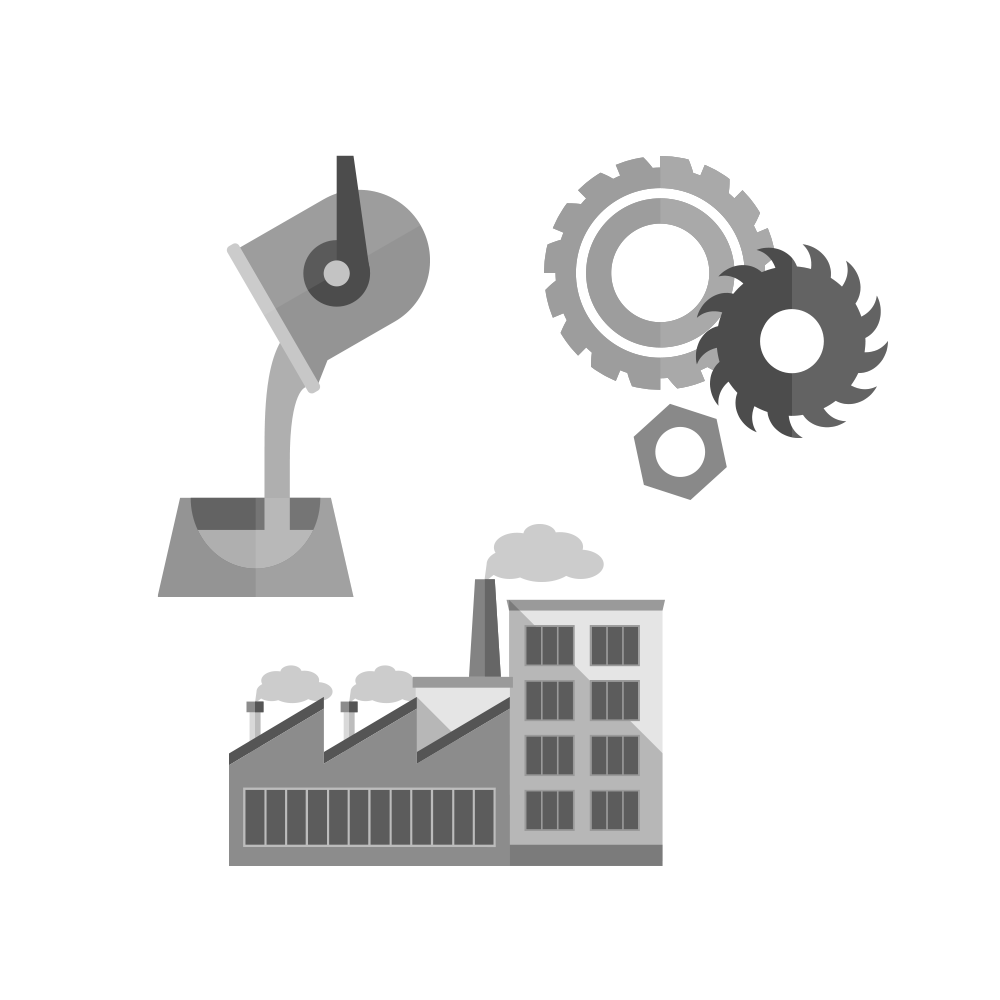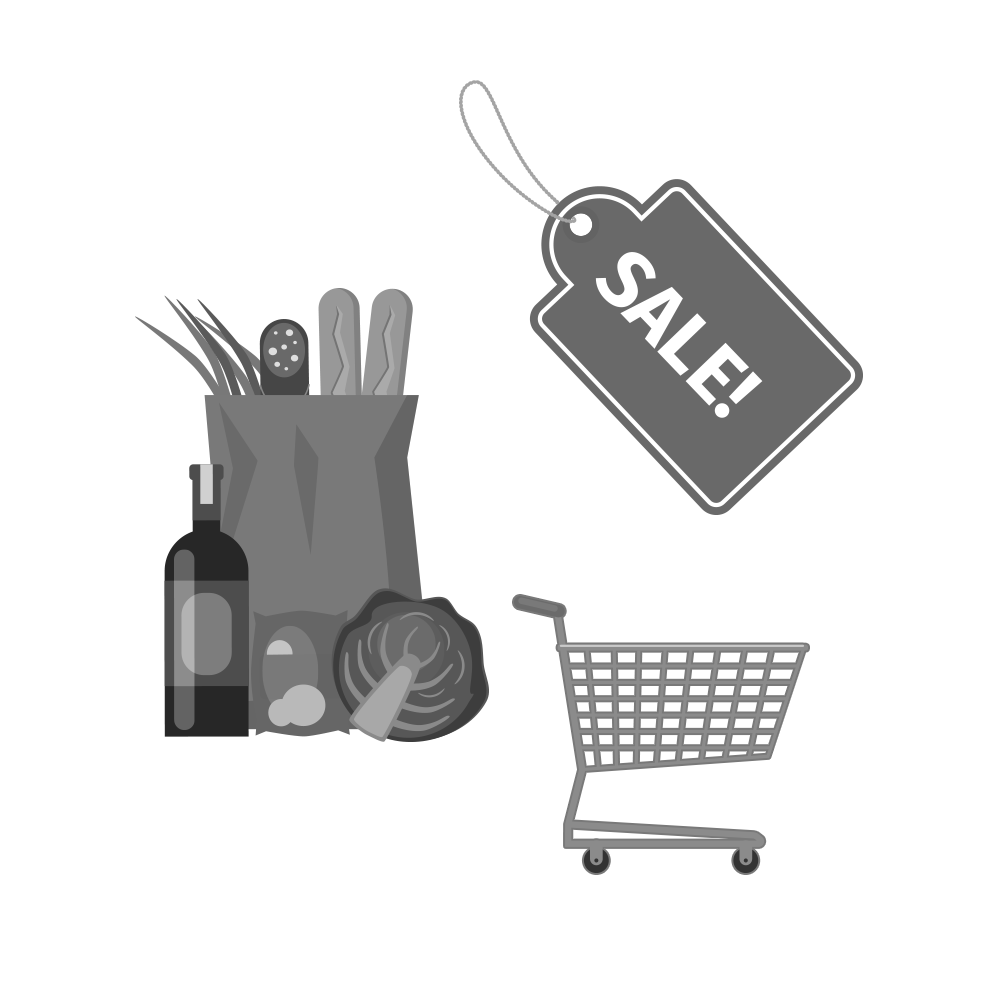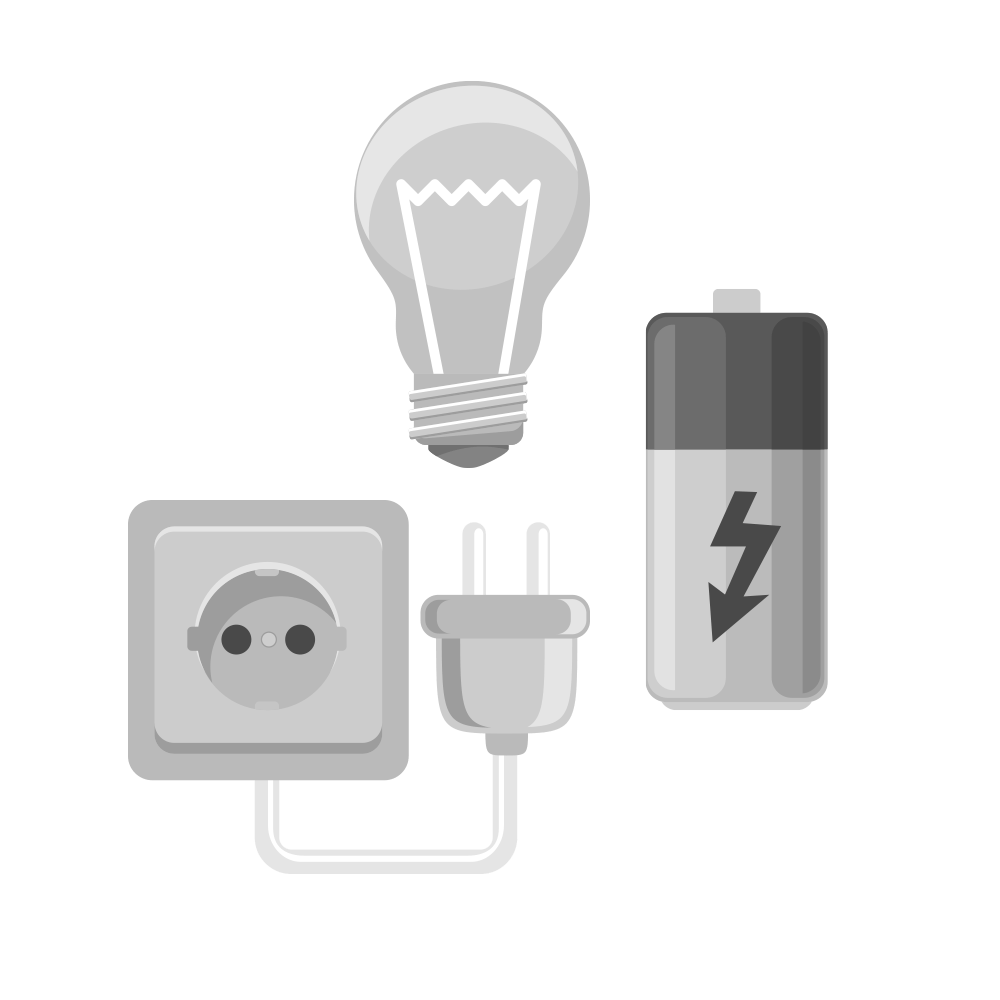Since 2002, Aetlis has been supporting and advising companies that need to ensure that their products and waste comply with increasingly complex and stringent environmental regulations.
Who we are ?
Over twenty years of expertise…
We specialise in the field of the circular economyCircular economyAn economic model that seeks to optimise resource use by minimising waste and waste generation, and focusing on material reuse, repair, recycling and reclamation. It contrasts with to the linear economy, which “extracts, manufactures, consumes and discards”.Read more : Wikipedia and environmental taxation,Environmental taxationAll taxes and tax incentives designed to encourage environmentally responsible behaviour (such as reducing pollution or rational use of natural resources) by applying a cost to polluting activities.Read more : Wikipedia working specifically on eco-contributions,Eco-contributionsFees paid by producers or importers of products to finance the management of their end of life (collection, recycling). These contributions are often paid to producer responsibility organisations (PRO) to cover the costs of the waste management chain.Read more : Wikipedia which are applied to finished products based on their potential for recyclability or reuse. These contributions are then paid in the form of a fee to each Producer Producer Responsibility Organisation (PRO)Producer responsibility organisation (PRO)A State-approved body responsible for managing the collection, recycling and reclamation of waste related to certain products (such as packaging or electrical appliances) as part of Extended Producer Responsibility (EPR).Read more : SecondLife concerned.
Our expertise also covers environmental taxes,Environmental taxesTaxes levied by public authorities on activities having a negative impact on the environment (CO₂ emissions, waste, pollutants) to finance environmental protection measures and encourage the ecological transition.Read more : Wikipedia, oecd.org which target harmful activities and raise awareness of their impacts. These include the plastic taxPlastic taxA tax introduced by the European Union in 2021 to combat plastic pollution. It imposes a tax on plastic products, especially non-recycled ones. The aim is to encourage companies to use recyclable materials or reduce their use of virgin plastic.Read more : europa.eu, imposed by the European SUP Directive, which encourages the use of recycled packaging. Another is the CBAM,Carbon Border Adjustment Mechanism (CBAM)The Carbon Border Adjustment Mechanism (CBAM) is a European Union measure that taxes imports of products from outside the EU based on their CO₂ emissions. It concerns primarily carbon-intensive sectors such as steel, cement and electricity.Read more : Wikipedia which penalises companies generating high-carbon emissions while rewarding more responsible ones.
Environmental Responsibility &
Awarenesse
International Experience / Proven
Experience
Rigorous eco-contribution
management
Field surveys
(in France and abroad)
The context our reason for being
The OECDOECDThe Organisation for Economic Co-operation and Development is an international organisation with some 40 member countries around the world. It promotes policies that improve economic and social well-being for people, specifically with regard to sustainable growth and environmental governance.Read more : Wikipedia’s 1972 “Polluter Pays” principlePolluter pays principleThe principle states that any person or company responsible for damage done to the environment must bear the costs of its prevention, reduction or repair. It makes economic actors responsible and encourages more sustainable practices by adding environmental costs to their activities.Read more : Wikipedia represented a turning point in global environmental awareness. By making companies and individuals responsible for the damage they cause to the environment, this policy encourages more environmentally sustainable and respectful practices.
Within the framework of Extended Producer Responsibility (EPR),Extended Producer Responsibility (EPR)A principle under which producers are responsible for managing the end-of-life of their products, including collection, processing and reclamation. This concept is at the heart of waste reduction and recycling policies.Read more : Wikipedia France was one of the forerunners with its water laws,Franche water lawsA French legislation governing water management and aiming to protect water resources, regulate water use and prevent pollution, to ensure sustainable use of this vital resource.Read more : Wikipedia (FR) introducing for the first time a fee on polluting discharges and making producers responsible for managing their waste.
+ Show more
Subsequently, the household packaging regulationsHousehold packaging regulationsThese are imposed on producers to manage the packaging used for products sold on the market, to ensure their collection, sorting and recycling. These regulations aim to limit waste and encourage material recycling. of 1992 and European directives in the early 2000s required manufacturers and distributors to pay a contribution for the recycling and reclamation of their products and packaging via Producer Responsibility Organisation (PRO).Producer responsibility organisation (PRO)A State-approved body responsible for managing the collection, recycling and reclamation of waste related to certain products (such as packaging or electrical appliances) as part of Extended Producer Responsibility (EPR).Read more : SecondLife
Soon, the whole of Europe and other countries around the world took up these recycling issues, adopting legislation inspired by the new European models.
This was the situation when Aetlis was founded over 20 years ago to help companies manage their complianceEnvironmental complianceCompliance with environmental regulations and standards by companies to limit the negative impacts of their activity on the environment. This includes waste management, polluting emissions reduction and sustainable resource use. with constantly evolving environmental standards and regulations.
More recently, France’s Anti-Waste for a Circular Economy Law (AGEC)Anti-Waste for a Circular Economy Law (AGEC)A French law adopted in 2020 to reduce and combat waste, and promote the circular economy through various measures, such as banning single-use plastics and encouraging reuse.Read more : Wikipedia (FR), ecologie.gouv.fr strengthened EPR, extending them to almost all types of products, including textiles, furniture, toys, construction materials, DIY products, sporting goods, leisure products, etc.
A bit of history...
A bit of history...
Let’s work together to create a more sustainable future within a controlled legal framework.
Our business a teamserving you
We specialise in analysing current and future legal obligations to support you in your reporting requirements under your environmental obligations. But, we do more than just assist with legal compliance: we also help you set up personalised strategies to manage and recover your waste, and eco-design your packaging.

- Assistance in selecting a PRO
- Assessment of your reporting responsibilities related to eco-contributions and product taxes (such as private copying)
- A direct contact person who liaises with PRO
- Audit and correction of previous reports
- Consolidation of data with field surveys
- Periodic submission of your tax and parafiscal statements to PRO
- Auditor certification, if required
- Assistance during audits by external auditors required by PRO
- We can serve as your representative if necessary (France only)
- Regular archiving of your reporting data
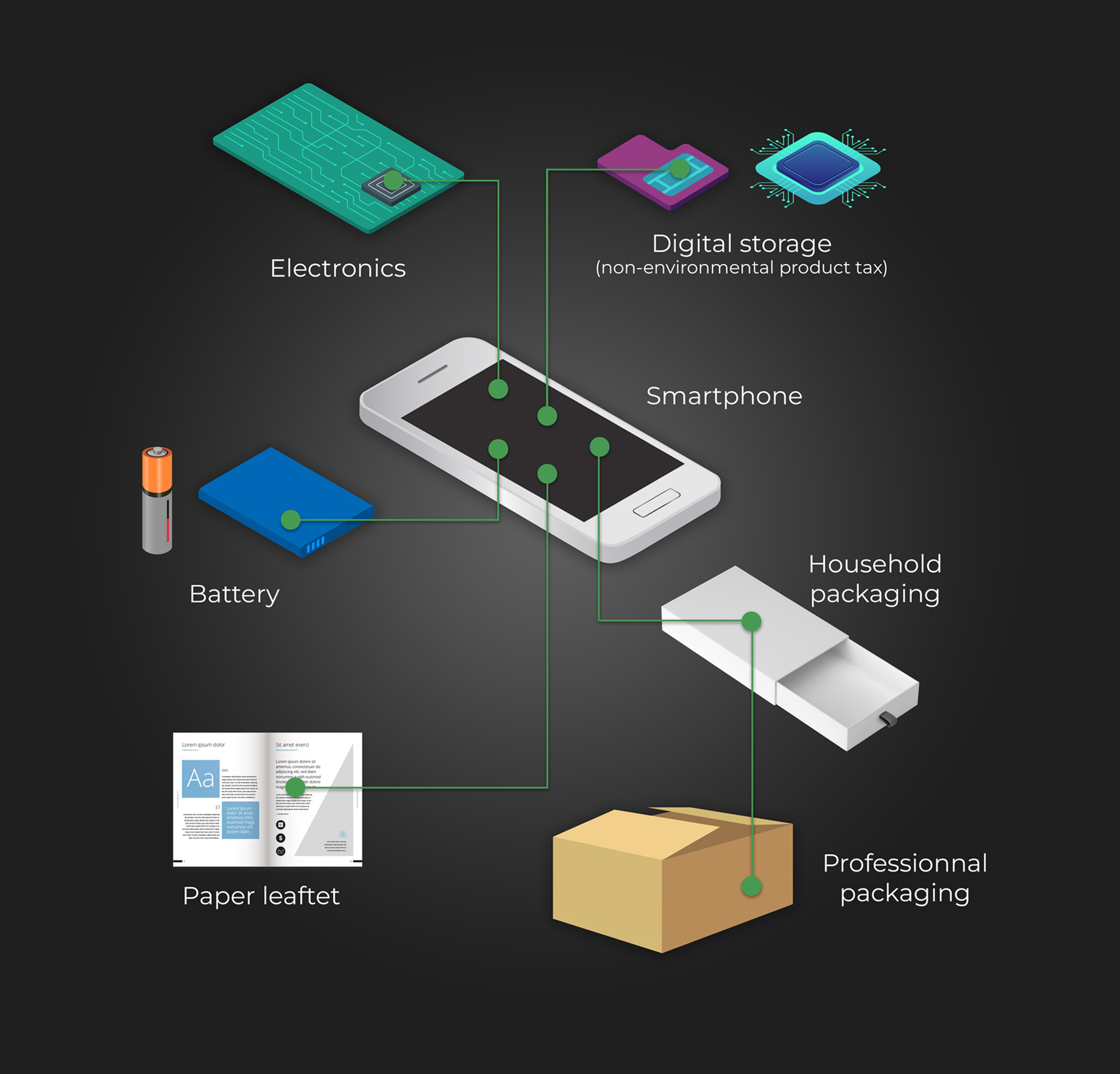
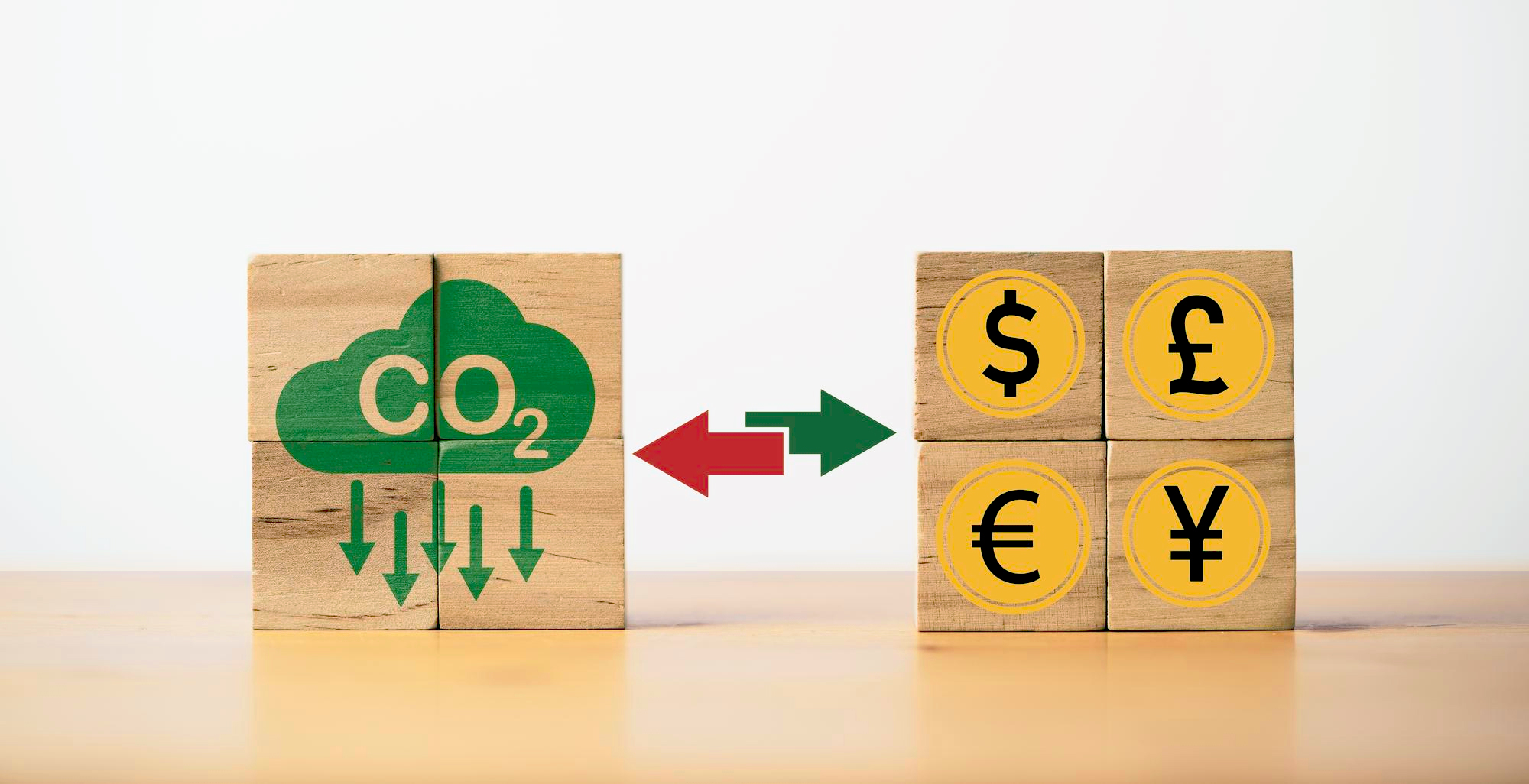
- Identification of taxes applicable to your sector, such as plastic tax, carbon tax, CBAM, etc.
- Technical support for managing data collection systems
- Analysis of the conformity of collected data, necessary for tax calculation
- Tax reporting on your behalf on online platforms provided by tax authorities
- Consideration of possible exemptions or reductions based on regulation criteria
- Monitoring of reporting deadlines to avoid penalties
- Support in your administrative procedures and your dealings with tax authorities
- Preparation of regular internal audits to ensure compliance and identify areas for improvement
- Implementation of a regulatory monitoring system to keep you informed of potential legislative changes

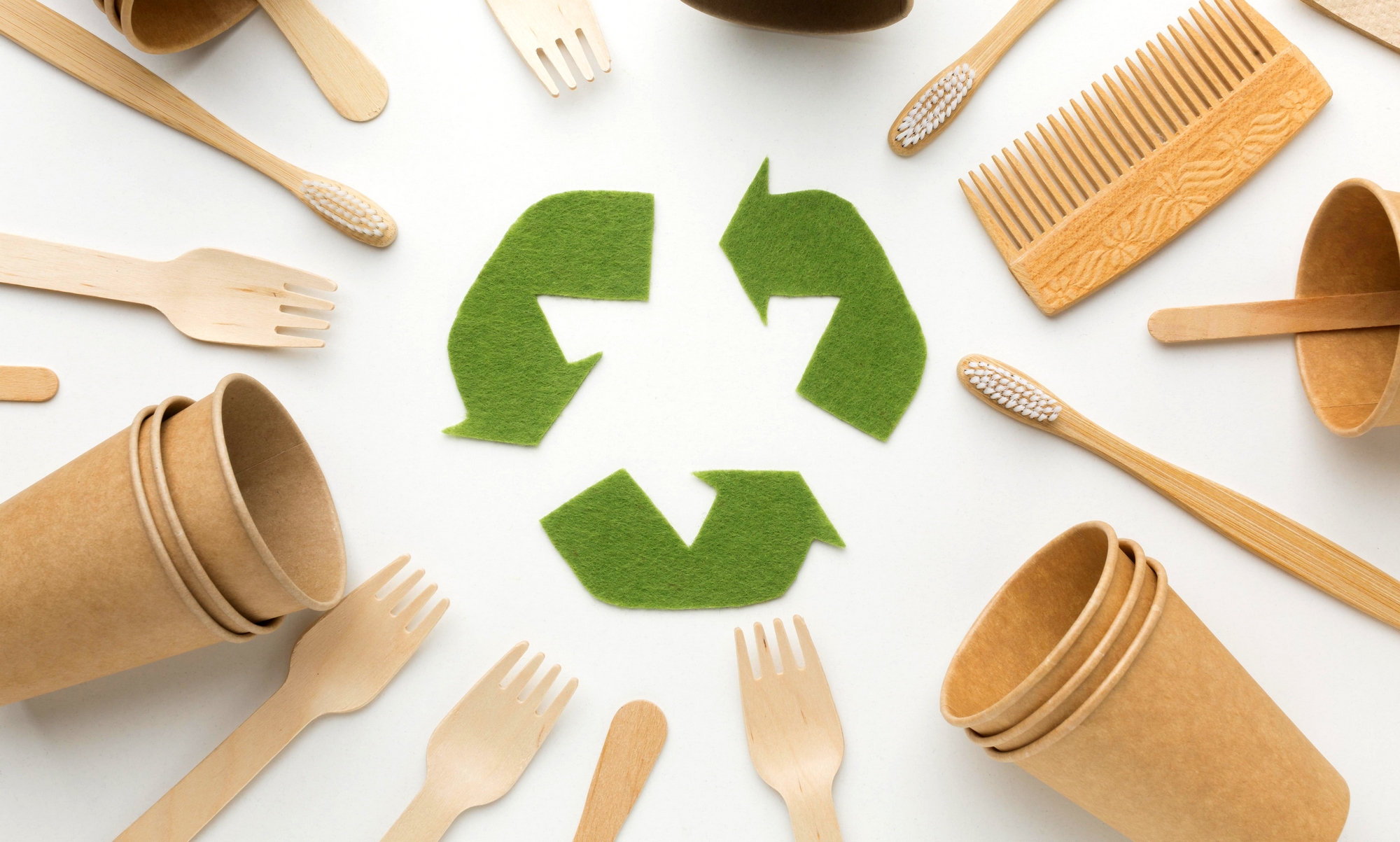
- Introduction to recycling players
- Search for providers and evaluatebudgets
- Implementation of waste recycling and/or reuse contracts
- Service compliance document management
- Reclamation studies and solutions in your region
- Support for the destruction of your defective products Management of networks of providers and sites: can include sanitation (cleaning of wastewater and storm water systems, hydrocarbon separators as required by regulations)
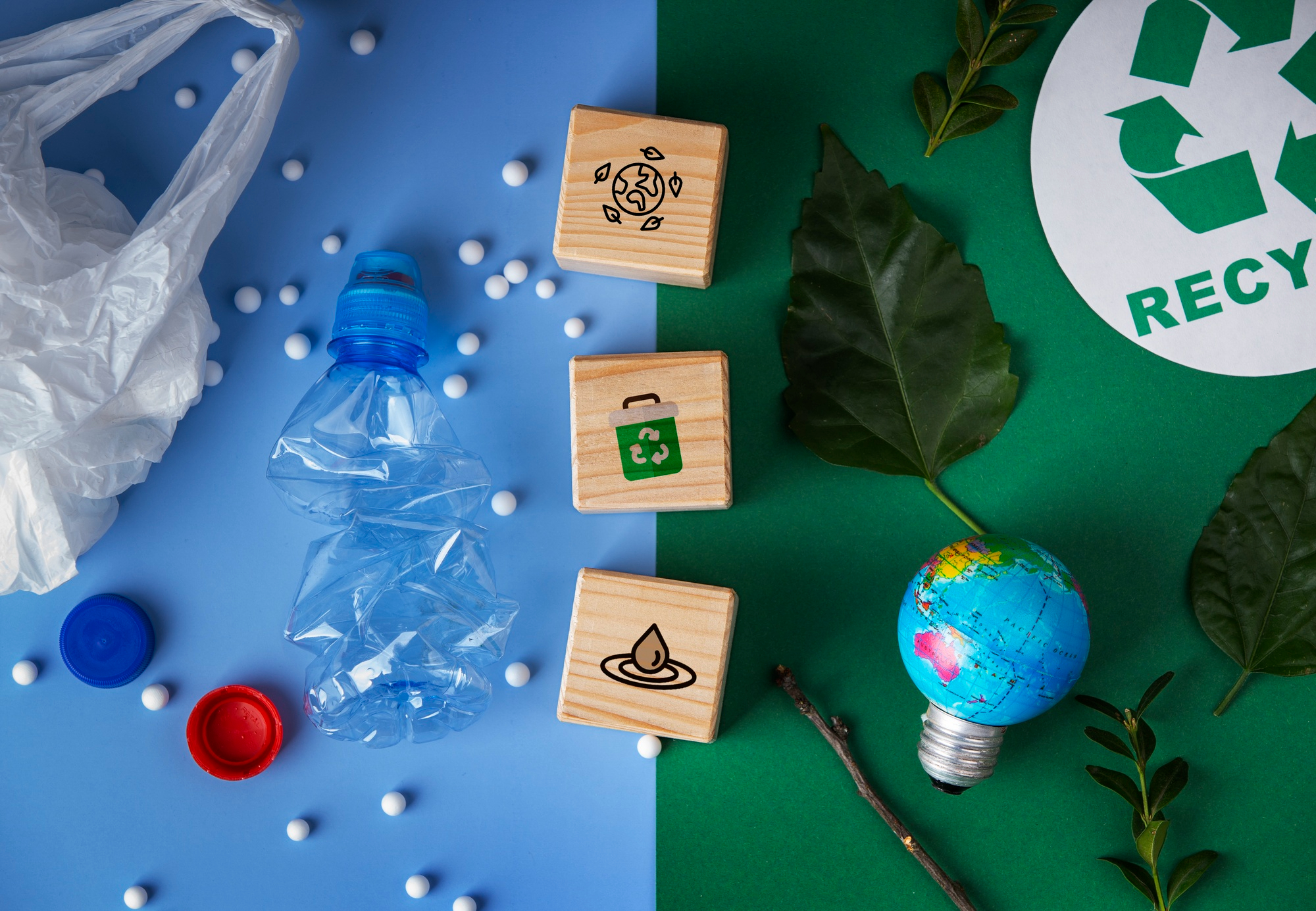

ISO-14001: Environment managementsystem
- Assessment of environmental impacts associated with activities, products and services
- Definition of measurable objectives and development of programs to achieve them
- Identification of non-conformities and opportunities for improvement
- Creation of processes and documented procedures
- Staff training and awareness
- Internal audits to assess the effectiveness of the Environmental Management System (EMS)
Eco-design: Improved recyclability and reduction at the source
- Packaging reuse optimisation and facilitation
- Use of design to reduce waste Increased use of recycled materials Reduction of non-renewable resources

International customers with global purchasing flows
Although we are historically based in France, we now work with many players across Europe and around the world, offering recognised expertise and tailor-made support adapted to our clients’ needs and their sectors.
Business sectors that trust us
We’re hiring join us!
When you join Aetlis, you will enjoy a professional and friendly working environment in a company on a human scale where everyone has a role to play. We are proud to be able to depend on our team members’ dedication and expertise.
If you’re looking for a company that values its employees’ know-how and commitment, if you are concerned about environmental issues or if you simply want to learn more about eco-contributions, then we want to hear from you!

